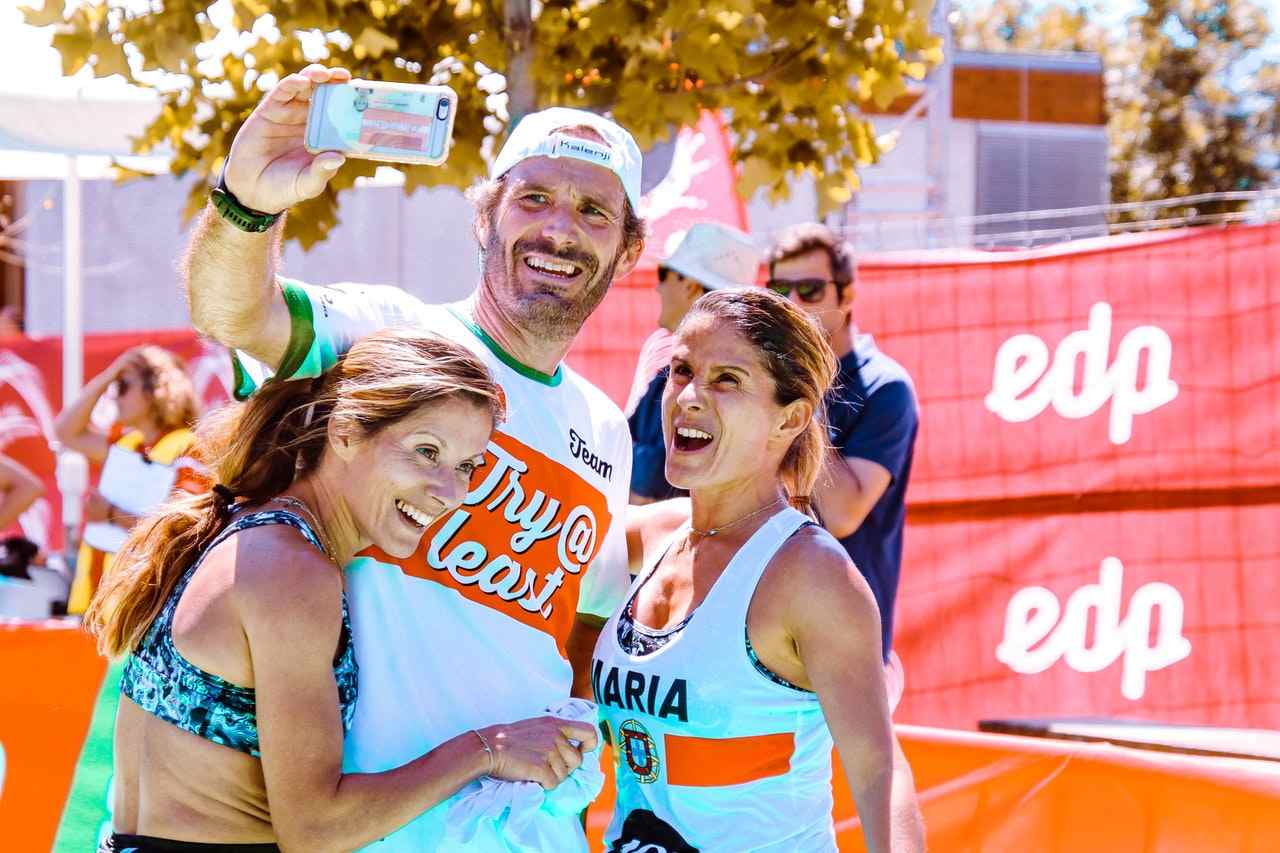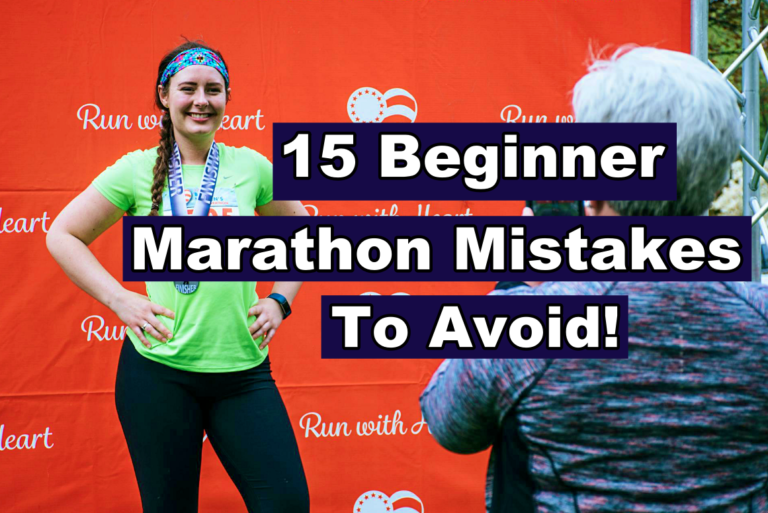It would be nothing new if we told you that running is good for your health. But have you ever wondered what are the things you need to know before running a marathon?
Read along as we attempt to answer some of the more frequent questions people ask about running a marathon. And who knows? Perhaps you will also acquire a taste for this fascinating sport!
Table of Contents
10 things you need to know before running a marathon!
Although you don’t need to run the full distance in the beginning, you have to be aware that there’s a series of achievements you have to complete before running a full 42.2 km marathon.
What kind of preparation do I need to run a marathon?
- You need to know what your physical and health conditions are.
- Your training should start at least 4 months before the day of the marathon.
- Practice and control a breathing technique that will allow you to endure the entire duration of the marathon.
- Reach a point where you can run at least 18 km without stopping or feeling overwhelmed.
What kind of warm-up should I do before a marathon?
Unlike short-distance races, where the warm-up takes at least 15 minutes when you are preparing to run a marathon, you only have to do 5 to 10 minutes, and you are ready! Remember, you will have several km to warm up in the first stages of the race!
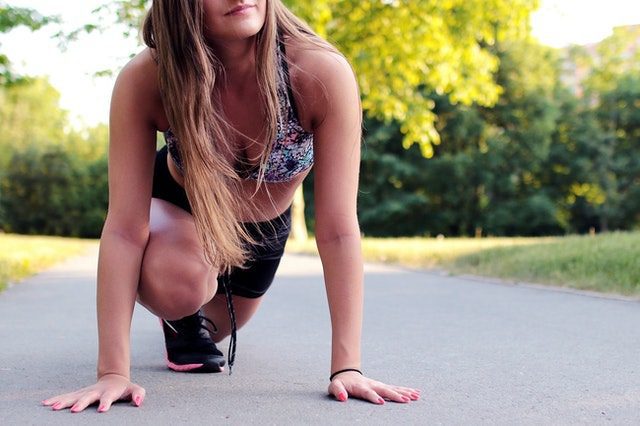
However, make sure you add stretching to your dynamic warm-up. So that your hamstrings, calves, back, and Achilles tendon take on elasticity. Alternate these stretching with some jogging, another quick stretch, and that’s it!
What is the average time it takes to complete a marathon?
Keep in mind that aside from the physical condition and experience of the runner, other factors such as climatic and terrain conditions also affect your time. But we could establish that an average time to run a full marathon might be anything between 4 to 5 hours.
Just avoid worrying too much about records! If you are barely starting, you better focus on finishing the race and improving your times.
What are the benefits of running a marathon?
- While running a marathon, the energy cost per kilometre is about 1 kcal for every kilogram of the runner’s body weight. This means that if a runner weighs 80 kgs, in one km, this person will burn 80 calories and in the 42.2 km of a marathon, 3,360 calories.
- The full capacities of the human body are really amazing. However, not many people dare to test their limits! So, after you finish your first marathon, remember how it felt the first time you went for a run, and got exhausted barely 30 minutes after, and smile.
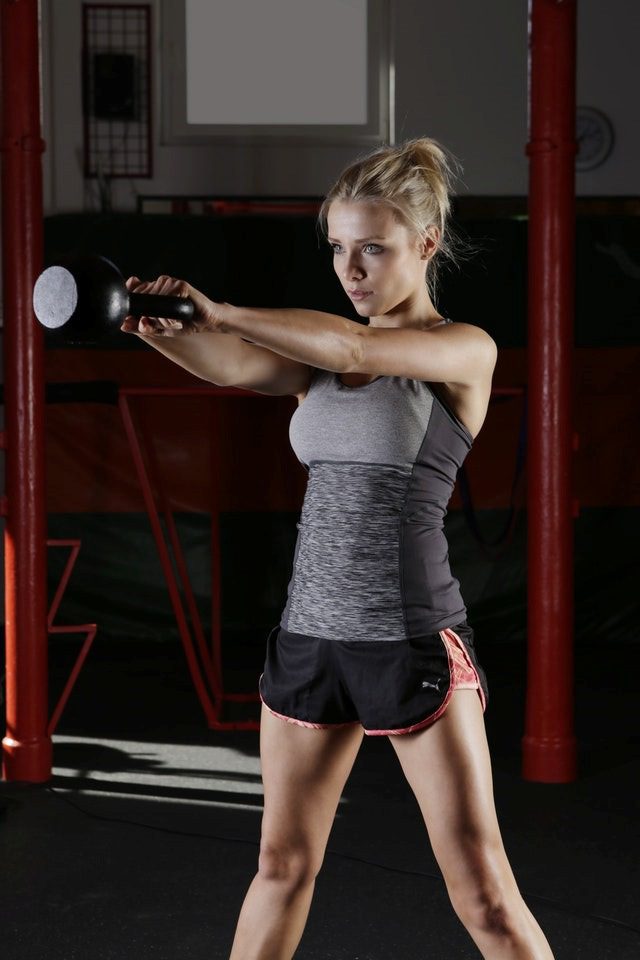
What is so important about the post-race cooling down process?
Cooling down after physical activity helps us dissipate body heat and gradually reduce our heart rate until it reaches its normal levels. And this, along with post-race stretching, also favours metabolic waste disposal.
The amount of time that must be dedicated to the cooling down process is directly proportional to the physical effort. So, the slower and more demanding, the longer the cooling time takes.
Is there a risk of getting injured while running a marathon?
Of course, there is a risk! But this is easily avoidable by taking some elementary precautions. Adopting a proper posture while running is one of them. Another cautionary measure is to keep a full day’s rest the day before the race.
What’s the best way to avoid dehydration during a marathon?
In addition to drinking around a glass of water every 15 to 20 minutes, you should also consume carbs throughout the race. This type of hydration increases the body’s energy reserves and maintains a constant blood sugar level.
The best way to replenish carbohydrates during the race is to resort to a combination of water and isotonic drinks every 20 or 30 minutes to achieve maximum performance levels.
What is the right footwear to run a marathon?
It depends a lot on each runner, their weight, and predisposition to injury. This means that a heavier person should opt for Running Shoes For Heavy Runners with more cushioning. While a lighter person, under 60 kilos, may opt for models with less cushioning, more flexibility, and light road running shoes.
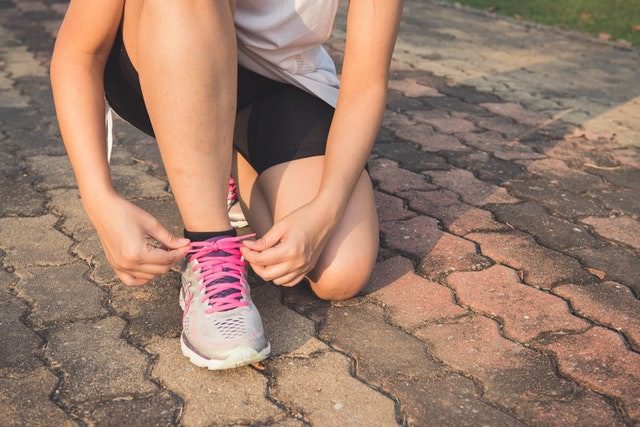
Race pace also has a lot to do with it, as the impact received by an athlete who runs 1 km in 5 minutes is much more aggressive than that of a person who runs it in under 4 minutes. And that’s something you need to consider before running a marathon!
What is the proper diet for running a marathon?
A proper daily intake of energy and fluids is adapted to the individual characteristics of each athlete. Make sure to emphasize the consumption of carbohydrates. Their objectives are to boost performance, delay the onset of tiredness and fatigue, and recover glycogen deposits after training which will allow us to reduce the physical stress of the body.
It’s also important to watch and correct the loss of iron, especially in women, vegetarians, and people who are deficient in calories and with little variety.
What’s the right mindset towards running a marathon?
Goal setting is one of the main reasons why we engage in sports competitions. However, this is a subjective factor linked to each personality, and based on this objective, our mind creates expectations within a certain period.
For this reason, athletes need to train and learn to establish personal limits so that their performance is not diminished if they do not exceed them. A good recommendation is short-term goals.
In the case of running, progressively increasing your mileage each week will favour the belief that you can achieve your ultimate goals. Always remember that your first and best rival is yourself.
Summary
These are the 10 things you should know before running a marathon! Hopefully, this article will help you in your journey, and in short, you will be running for as long as you want!
If you are thinking about running 10k races, here is my latest post on “How to Improve 10k Run?“
Also, visit our latest post – Best Nike Marathon Shoes Review!

